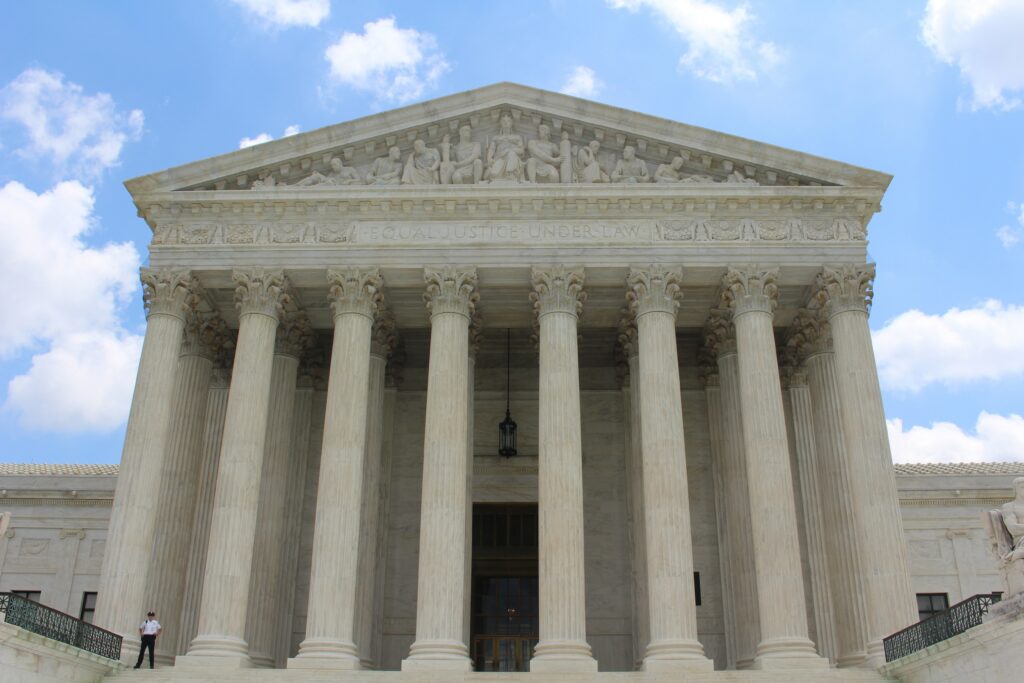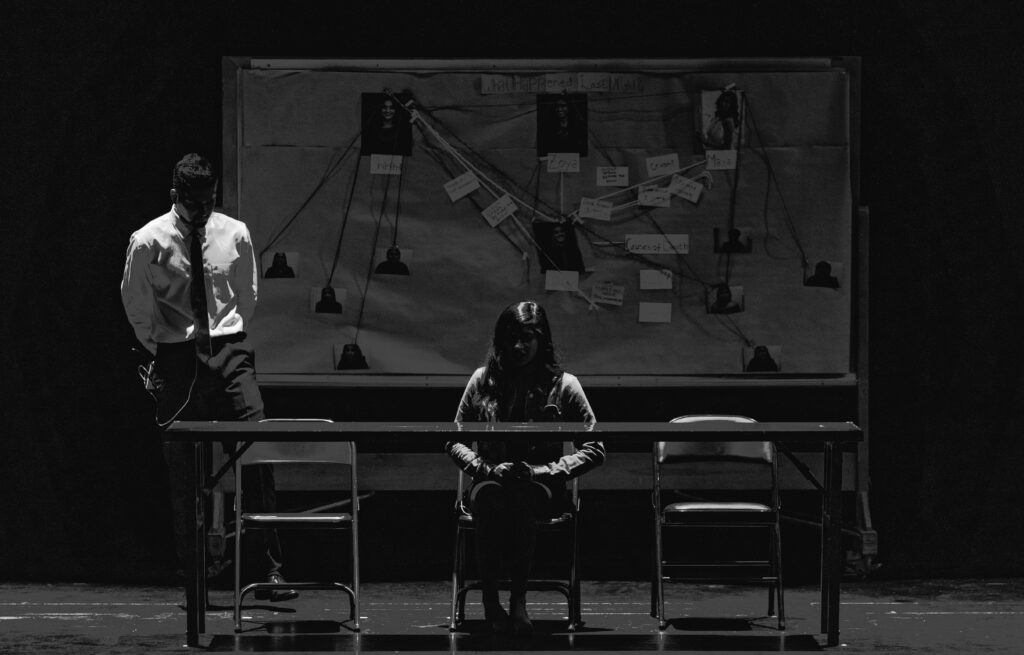AI and Patent Law: Can Machines Uphold the Duty of Disclosure under 37 CFR 1.56?
The world of intellectual property law is buzzing with questions and commentary regarding the practicality and ethics of using artificial intelligence to aid the practice of law before the USPTO. As I addressed in a prior blog post, some of the concerns are much ado about nothing. However, one question previously left unanswered was the […]
AI and Patent Law: Can Machines Uphold the Duty of Disclosure under 37 CFR 1.56? Read More »







